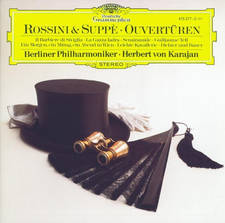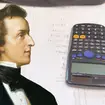Chopin - Études
How did Chopin's three sets of Études become one of the piano repertoire's most enduring and defining works? Find out with our handy guide…
Chopin's reputation for piano composition is pretty inscrutable, thanks to a vast catalogue of works for the instrument that have inspired an almost religious devotion amongst pianists and students of his work. His Études should hold an especially sacred place for everyone, though, since they completely changed everything a technical exercise should be.
But how? And if they're supposed to be technical exercises, why do they need to be beautiful as well? Well, the young Chopin began composing his first set of Études (there are three sets in total) when he was still a teenager, so he was perhaps at a creative stage at which he keenly wanted to make an impression.
His first set of Études is a sparkling affair, and reflective of the composer's enthusiasm. They're even dedicated to Franz Liszt, who Chopin met in a Paris salon in his early performing days: 'To my friend, Franz Liszt'. Chopin's eagerness to create something not only functional but loveable as well comes across in the deep lyricism of the first set of Études, but it didn't stop there.
His second set, slightly more enigmatically, were dedicated to Marie d'Agoult, who was at the time Franz Liszt's mistress. The exact reason behind this is still the subject of much debate amongst Chopin nuts, but it's probably safe to say that, well… Liszt was away a lot of the time.
The Études are rounded off by third set of three, originally meant to be part of a larger educational piano book. Even these three little extra Études contain Chopin's by-now signatory attention to melodic detail.
It's perhaps no surprise that even though Chopin didn't give any of his Études nicknames they've earned their own. Genre classics like the Revolutionary Étude (no. 12 in the second set, written in 1831) are now concert staples for any self-respecting solo pianist, and you can pretty much guarantee that all the great soloists over the years have spent many practice room hours deeply lost in the sacred pages of the Études, as well as countless concerts too.
























